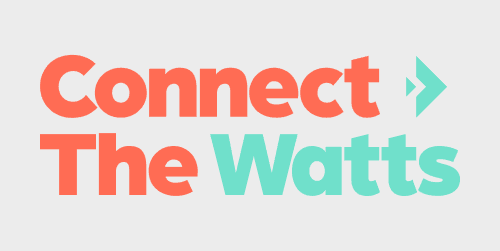
Continuing with their “Year of Yes” series with Shondaland, Peloton’s Adrian Williams discusses how a death in his family lead him to Peloton.
Peloton came about in an amazing way. The first time I was asked to try out, in 2018, I turned it down — how stupid of me — because I’m a very committed person. I was working for a boutique fitness studio, and I love small businesses. I like to see something built from the ground up. So, I wanted to really be a part of that.
Fast forward a number of years, I realized that things weren’t in line with where I saw myself going in the company. And I had a big, big loss in my family: my grandma. At the time, I was so caught up in working, basically six days a week, 12 hours a day. Before she passed, my grandma told me they were having a family dinner, and she said, “You can’t always work so much,” because I opted out of going. That was the last day she was alive. She had an aneurysm. So, I never got to see her alive that last time. It just changed my perspective on what time I was spending on myself and who I was spending time with as well as what I wanted to do to make myself happy. A few months later, I’m at the Peloton studio on Christopher Street in Manhattan. Rebecca Kennedy [instructor and director of strength at Peloton] walked by and asked if I’d like to try out. So, that’s how I got in the door, and the rest is, obviously, history.
Adrian is one of my favorite instructors at Peloton, and this story is the first time I’ve learned more about his journey. The interview is worth reading in its entirety to see more about what drives Adrian and how Peloton has changed his fitness routine. I know I personally came to Peloton for just cardio, but I now end up “stacking” multiple class types when I work out. I love to start with a core class, move to a strength class, then jump on the Bike. When I have time, I love to finish up with a five-minute post-ride stretch.
I love how Adrian finishes up the interview as well. He references that building fitness habits takes discipline, and you have to keep showing up.
Accountability is key. It takes discipline. You’re trying to essentially keep good habits, right? So forming good habits is always the hard part. I always say to start micro and then work to macro. Because, if you start micro, you can focus on small goals that are easy and attainable.
FTC: We use income earning auto affiliate links. More.



Comments